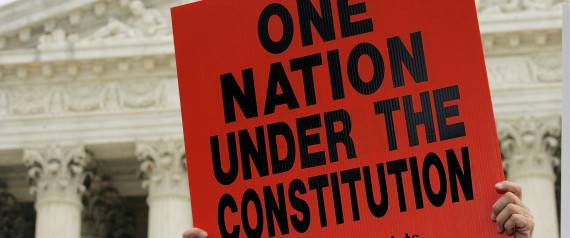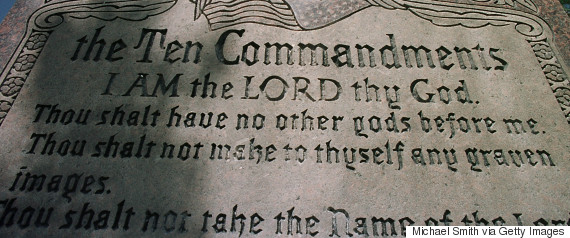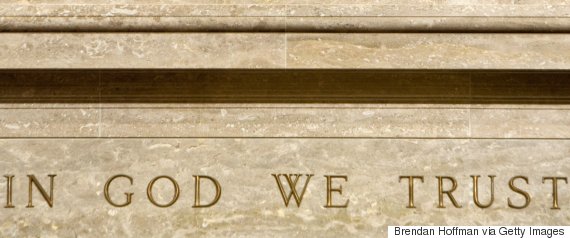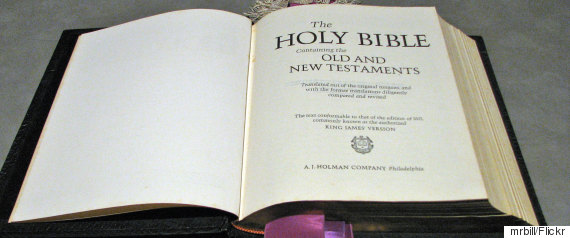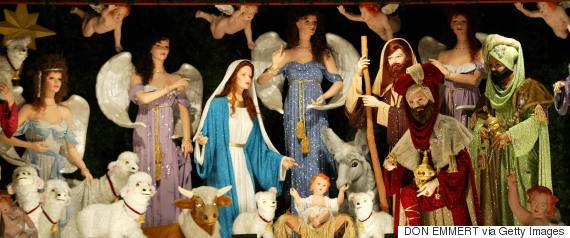- Thread starter
- #41

50 Presidential Quotes In Defense Of Separation Of Church And State
In America, things are different. We do not allow churches to make the laws. If we did, any religion could take over and enforce their laws on the entire population. This is why we have civil law and it’s why civil law is always put above religious doctrine. Religious law is NOT the law of the land. Civil law is. Every president since Washington knew this. Our Founding Fathers risked their lives for it. The difference between today’s conservatives and every man who has been President is that conservatives think religious freedom only applies to Christian fundamentalists. Americans have the right to think for themselves and have their own definition of what violates their consciences. Are we really going to allow conservative extremists to obliterate over 250 years of Constitutional law and precedent so that they can enslave us with their religious beliefs?
Read 'em and weep, NaziCons.
Last edited:


